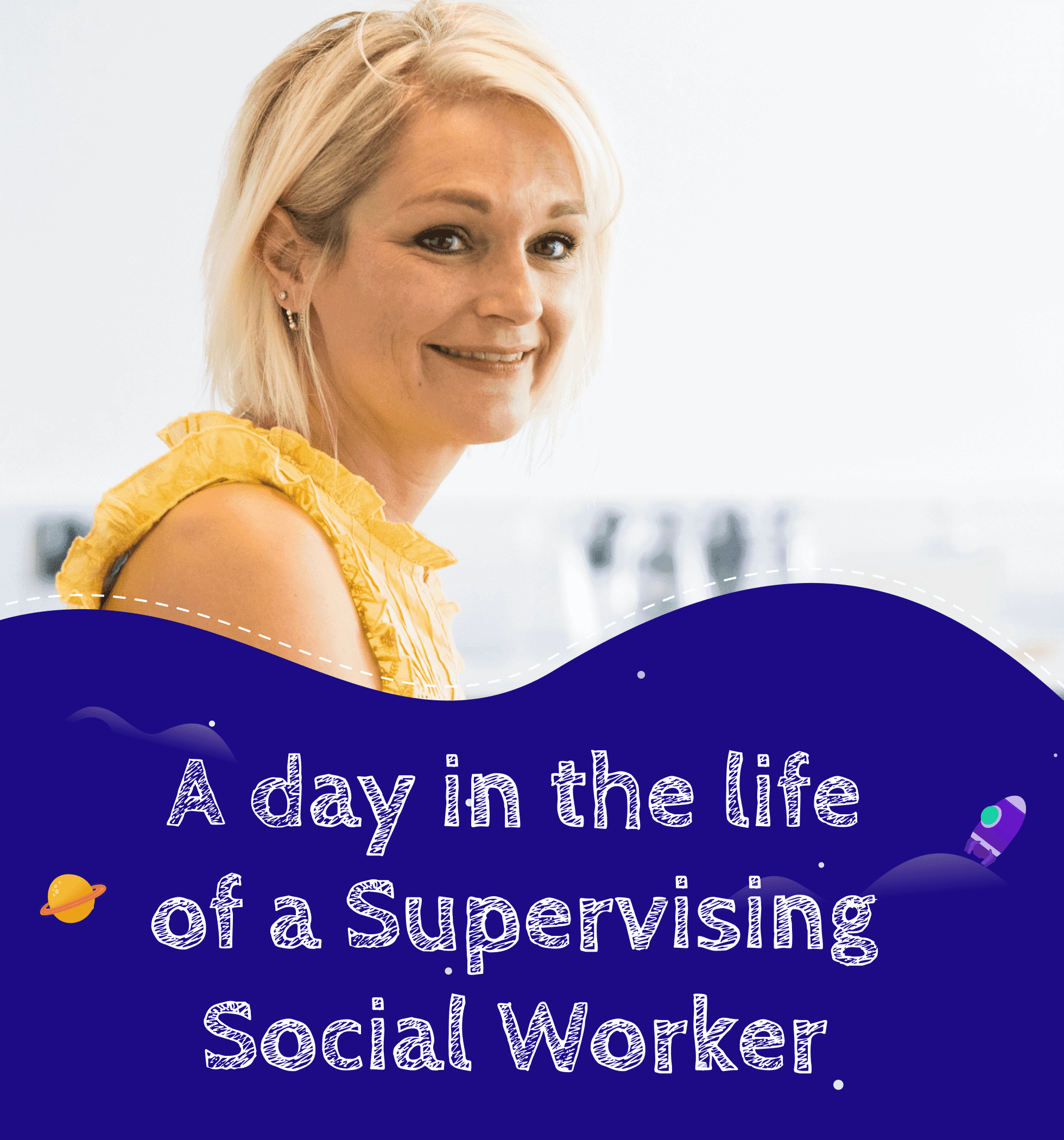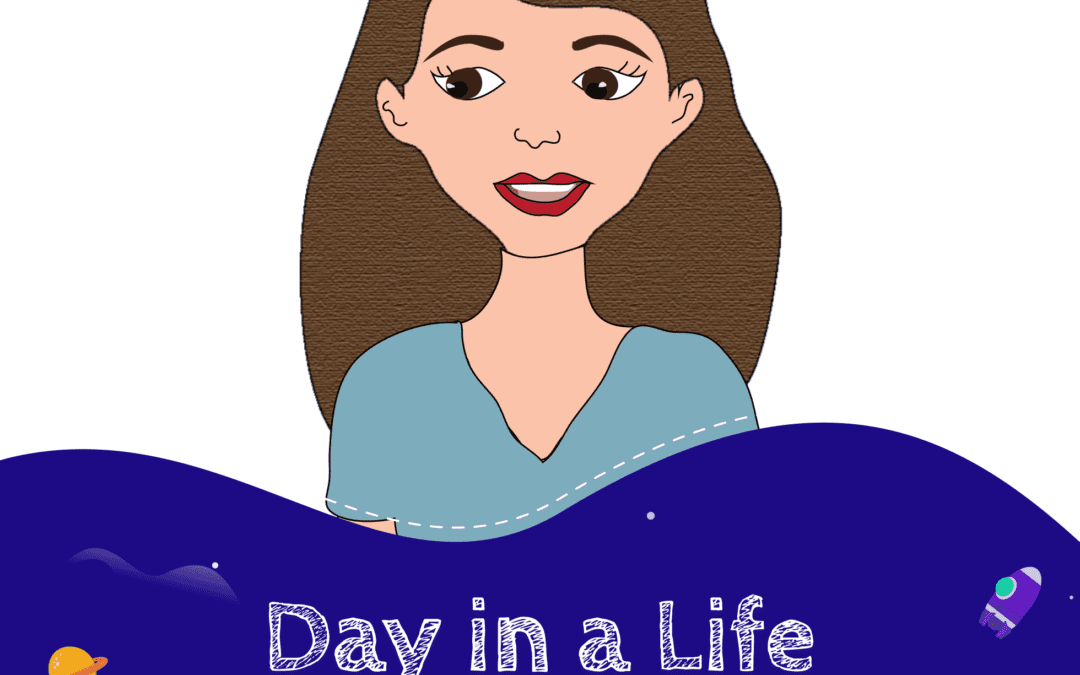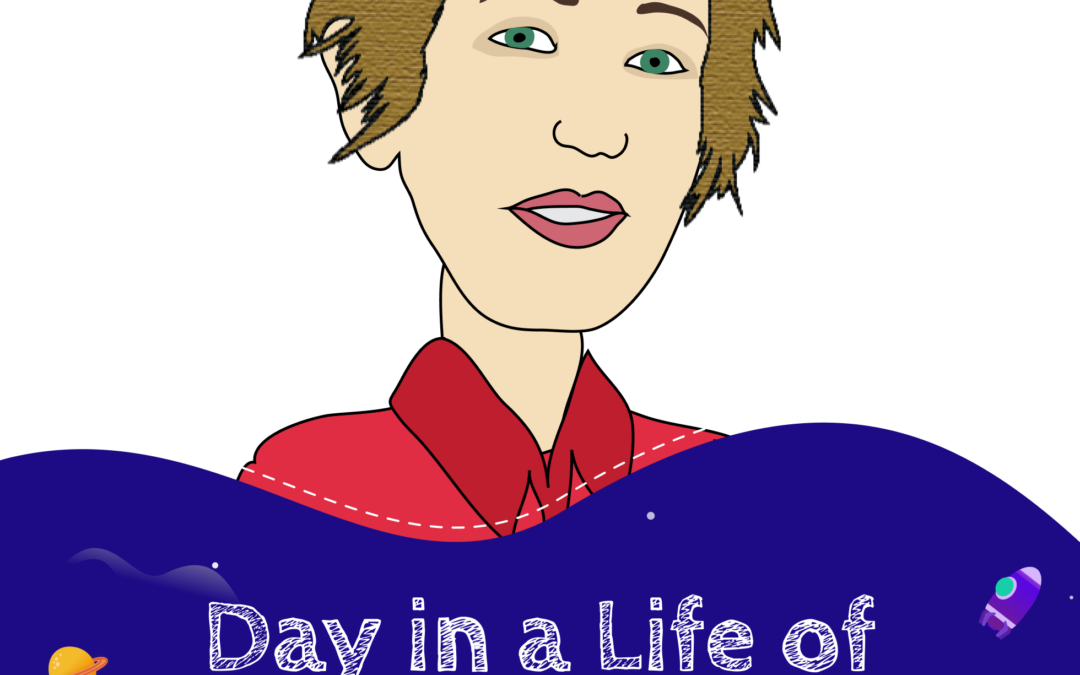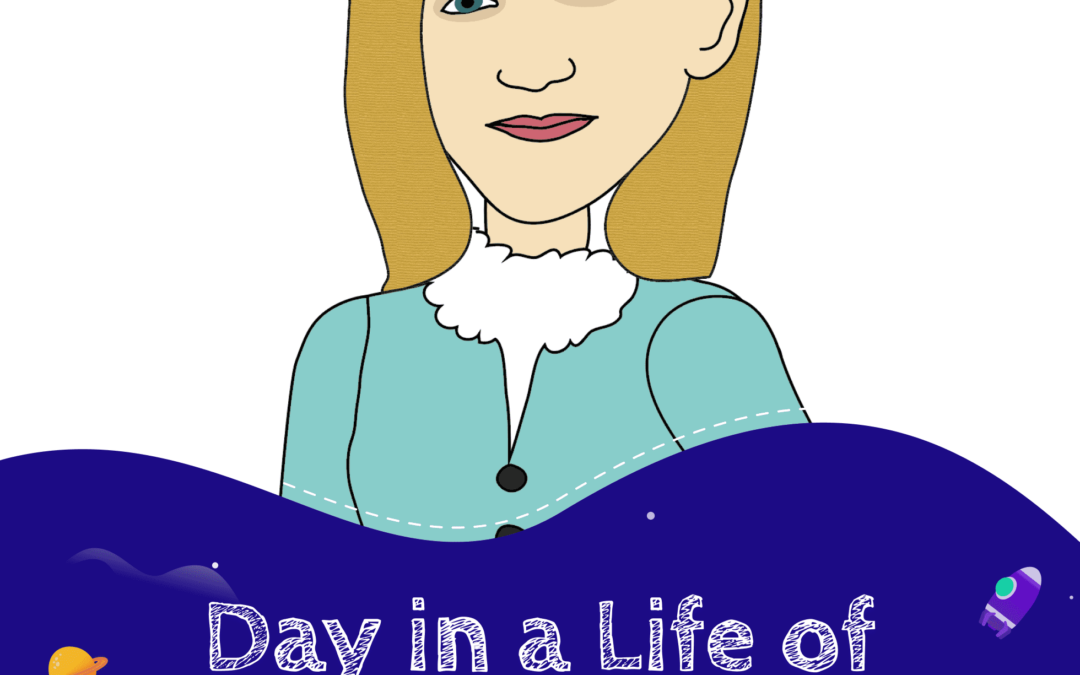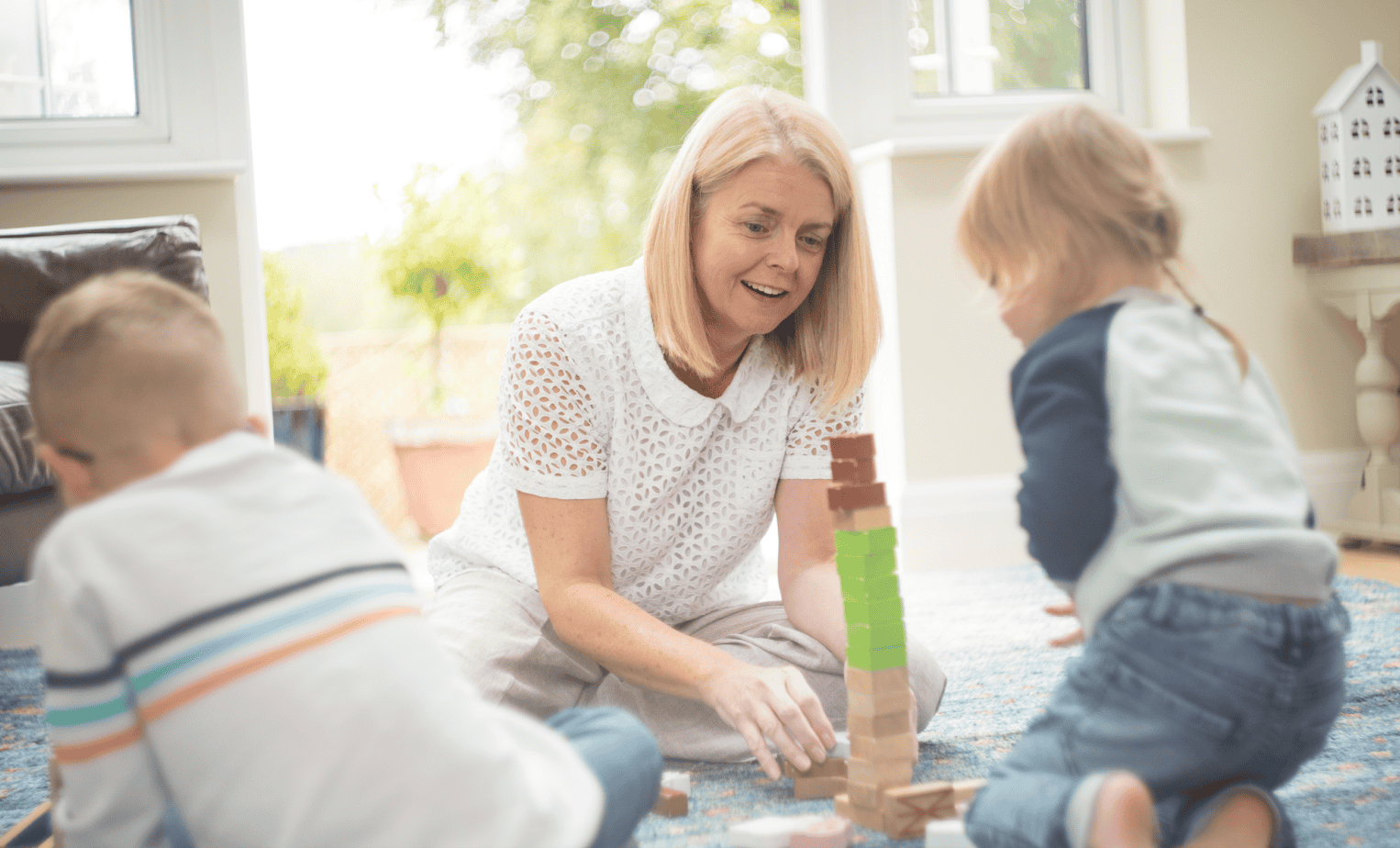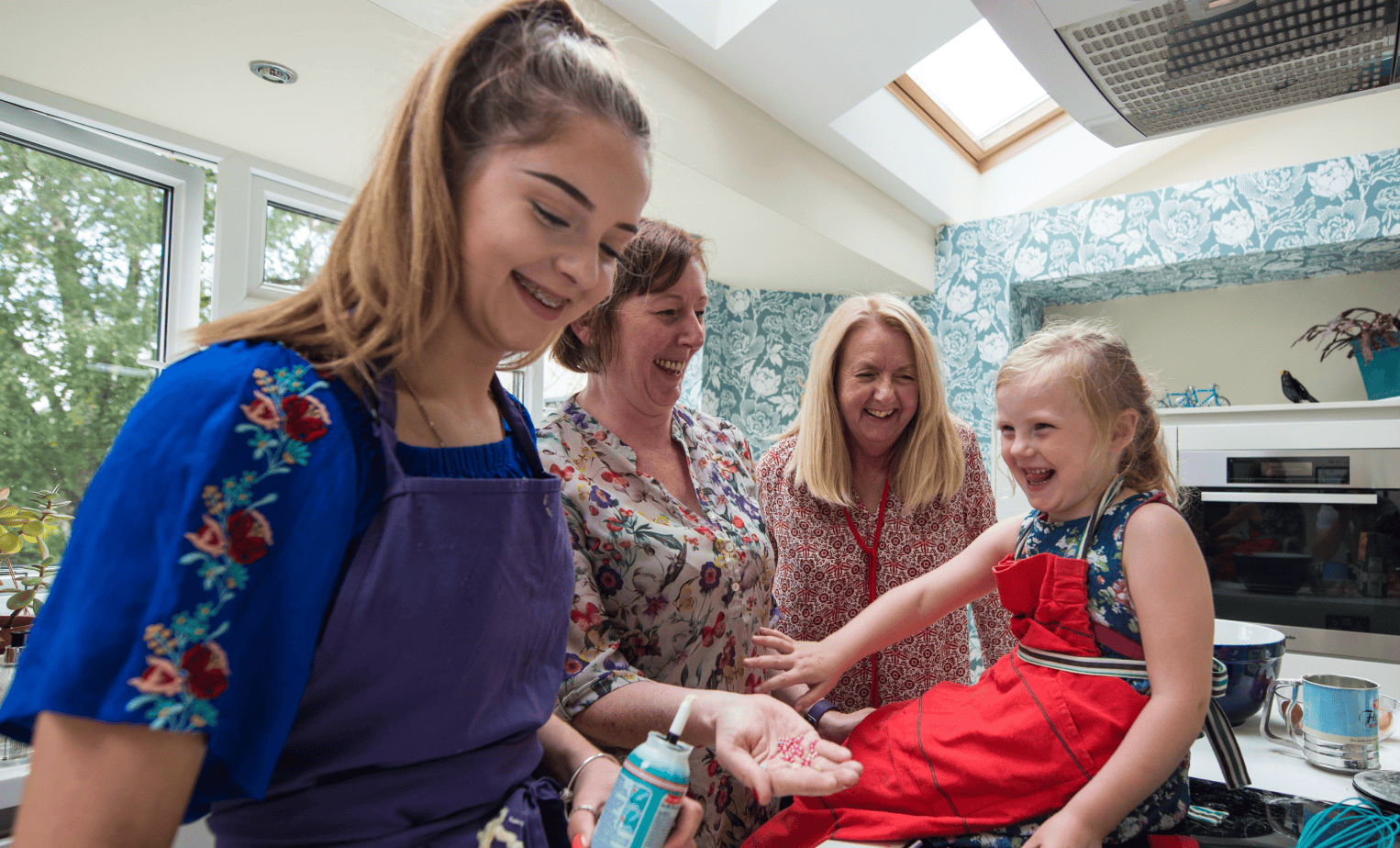I plan the day ahead after a quick look at emails and checking in with foster carers as required. Generally, my morning consists of responding to emails and checking foster carer logs on our system. Foster carers make entries daily about the children they care for and I read them and verify them. Occasionally I might need to follow up on something that has been reported, but I communicate very frequently with carers and they let me know if anything changes day to day. The daily logs made by foster carers are so important, they provide a unique take on how well a child or young person is doing.
My day revolves around my to do lists and reminders, without them I lose track of what I need to do, where I need to be…and sometimes my own name! I like to be organized.
Supervision sessions are very important, and they are all recorded and visible to foster carers.
I have supervision sessions with each foster family at least every four weeks; these take around an hour and a half. I prefer to do these in person, but Covid restrictions and risk assessments have meant that so many of these have had to be virtual. Supervision sessions are very important, and they are all recorded and visible to foster carers. I see them as opportunities to reflect on what is going well and where there might be some benefit in making subtle changes. Foster carers work to make deep connection with the children they look after. Children who come into care will have so often experienced abuse or neglect. As a result, they will have experienced trauma and will likely feel unable to trust grown-ups. Also, they may present with behaviours that are unusual. We see behaviour as communication and use our curiosity and empathy with the child, along with the knowledge of what they may have experienced, to try and identify what the child may be feeling and then work together on a plan to support him or her.
Equally we are all human, and like the children we care for, there will be times when foster carers are feeling anxious or stressed and need someone to be curious and show empathy to them too. I look out for them and make sure that they are ok.
I am glad to have a supportive team around me, I feel able to be open with my team and seek support as I need it. I work to offer our foster carers that level of support too. I work with no more than 10 families so that I can invest in the relationships and be the support the foster carers need.
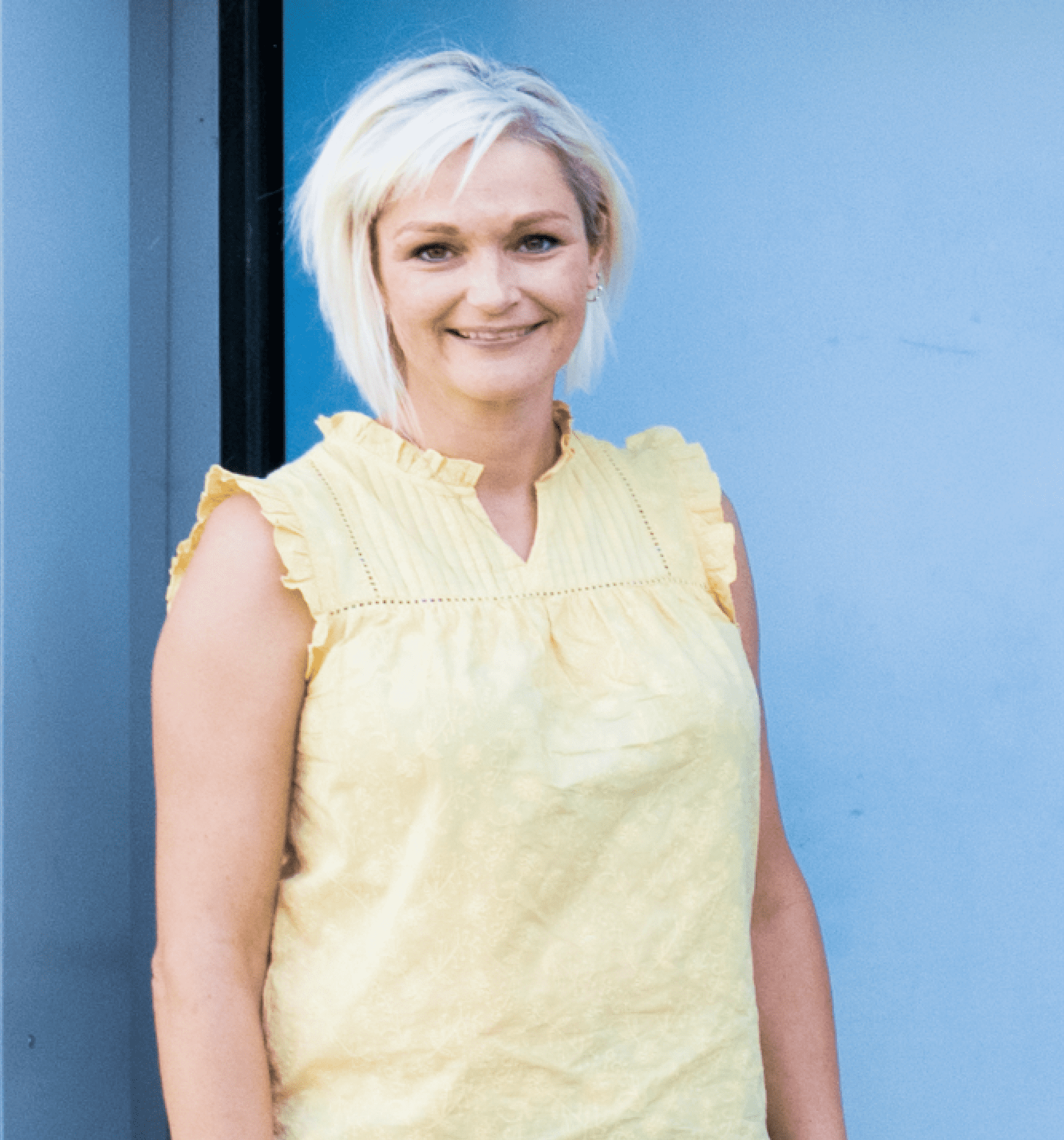
If I am visiting in person, supervision of two families will take up most of the day, so there is a definite time advantage of virtual sessions, but I find it so less personal, and I have to make my own tea and provide my own biscuits! Seriously, being able to sit with a person who is experiencing challenge and offering support is far better when you can be together in a room, rather than having to do it via Zoom. That said the use of virtual connections has been invaluable when we were unable to meet during the lockdowns. What was remarkable was that the children and young people were happy to chat on Zoom, sometimes in more depth than they were face to face.
There are lots of meetings to attend and paperwork to complete; but the people I work with make it worthwhile. The team are good fun and supportive and the foster carers never cease to amaze me with their commitment to the children we provide the service for. I get to spend some time with the foster carer’s children as well as the fostered children, which is an absolute perk of the job and when I have lots of fun!
The team are good fun and supportive and the foster carers never cease to amaze me with their commitment to the children we provide the service for.
I usually eat lunch whilst on the road or at my desk (mostly soup in the winter) so that I can keep working and have a break when it is school run time in the afternoon. I am usually back at my desk by 4.00pm, but we can work flexibly. I work all sorts of odd hours when this is needed, but it works both ways as I know I can flex around my family’s needs when everything is going smoothly. When I am needed to work outside normal hours, my family understand that it is my job to help foster carers when they need it.
My role is very varied, and I particularly like the “can-do” ethos of the agency…if there is a challenge, I can help foster carers to find solutions. At times this has meant I have set my office up in a foster carer’s kitchen, I have looked after a foster carer’s dog, I have transported children to contact, placements, hospital appointments and carried out direct work with children. We see our purpose as enabling our foster carers to succeed and sometimes that means doing whatever it takes to get the best outcome. I am very pragmatic.
I enjoy the variety of my days, but I get a great deal out of building relationships with foster carers. It’s important that foster carers feel able to be vulnerable with me so that I can help them with what is really important to them. The trust that comes from these relationships is key to everything. That is not to say we are always in agreement; but it should be robust enough for us to disagree and still maintain a strong relationship. I appreciate the work foster carers do and I feel a part of their team and it’s important that they can feel I am trustworthy, reliable and open with them.
I sit on panel sometimes where I review assessments of new people wanting to be foster carers. They are often quite nervous meeting panel and I try to put them at ease when I am asking questions. Our role on panel is not to catch people out, it is to make sure that everything has been undertaken thoroughly and the people coming through are equipped to be good foster carers.
As part of our role as a supervising social worker, we support the development of foster carers. I provide opportunities for learning or sign posting our carers to articles, videos or podcasts that I think will help them develop their knowledge. I help them reflect on training they may have done, so that new knowledge acquired can inform their practice as a foster carer. I am yet to meet a foster carer that is not interested in being the best that they can be. I like to read and am currently reading Oprah’s new book with Bruce Perry, “Whats happened to you” It’s important that I can reflect on my own practice and I too receive supervision once a month where I use the time to identify what I can improve or where I may need to offer more resources to support a foster carer with challenges.
I work with many colleagues from other organisations and social service departments. Resources are stretched and where I can, I support colleagues where it is in the best interest of a child or foster carer, regardless of whose role it is, because we are a team around the child and share the same purpose.
There are times when the day goes so fast, and before I know it, I am doing the afternoon school run. I tend to use the time before I switch off, documenting any meetings or conversations I have had that day whilst they are still fresh in my mind and then start to look at what tomorrow might look like. If am on call, I will have updated myself on foster carers that my colleagues support, so that if needed I can respond positively. Its rare that I have to go out to a foster carers home, most support is possible over the phone, but I am prepared to do that if needed knowing that my team know where I am and will be there too if I need them..
I am usually in bed by 11pm and straight to sleep, having prepared my running gear ready for the early morning run tomorrow.
